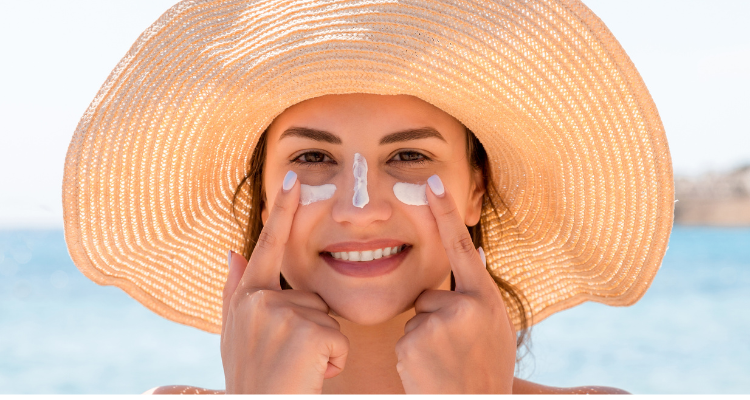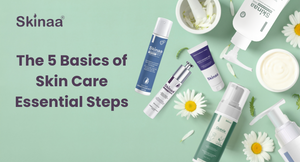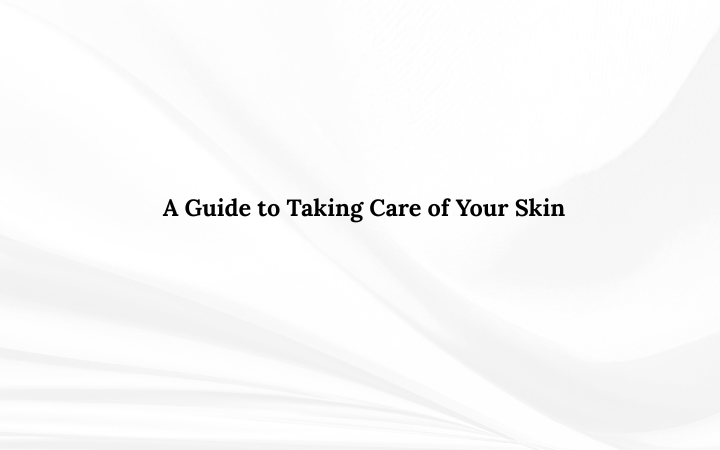Sunscreen is often heralded as the most crucial element of any skincare regimen. Its primary function is to protect the skin from the harmful effects of ultraviolet (UV) radiation, which can lead to premature aging, sunburn, and skin cancer. This article discusses the critical role of sunscreen in skincare, detailing how it works, the different types available, and why it should be an indispensable part of your daily routine.
Understanding UV Radiation
To comprehend why sunscreen is so vital, it's essential to understand the types of UV radiation:
- UVA Rays: These rays penetrate deep into the skin, leading to aging and long-term skin damage such as wrinkles and sunspots.
- UVB Rays: These primarily affect the surface of the skin and are the main cause of sunburn. They play a significant role in developing skin cancer.
Both types of UV rays can harm the skin, even on cloudy days or during the winter months when sunlight is less intense.
How Sunscreen Works
Sunscreen acts as a shield against UV radiation. There are two main types of sunscreens:
- Chemical Sunscreens: These contain organic (carbon-based) compounds, such as oxybenzone, octinoxate, octisalate, and avobenzone, which create a chemical reaction and work by converting UV rays into heat, then releasing that heat from the skin.
- Physical Sunscreens: Also known as mineral sunscreens, they contain inorganic compounds like zinc oxide or titanium dioxide. They sit on top of the skin and physically block UV rays, reflecting and scattering the radiation away from the skin.
Choosing the Right Sunscreen
When selecting a sunscreen, consider the following factors:
- Broad-Spectrum Protection: Look for products that offer protection against both UVA and UVB rays.
- SPF Rating: SPF stands for Sun Protection Factor. It indicates the level of protection against UVB rays. Dermatologists generally recommend using a sunscreen with at least SPF 30, which blocks 97% of UVB rays.
- Water Resistance: If you’re swimming or sweating, use a water-resistant sunscreen, which will be effective for either 40 or 80 minutes in the water.
Application and Usage
To fully benefit from sunscreen, proper application is key:
- Amount: Most adults need about one ounce (enough to fill a shot glass) to fully cover all exposed areas of the skin.
- Frequency: Apply sunscreen 30 minutes before going outdoors and reapply every two hours, or more often if you're sweating or swimming.
- Everyday Use: Sunscreen should be applied every day, even on cloudy days and during the winter, as UV rays can penetrate clouds and windows.
Additional Benefits
Aside from protecting against UV radiation, sunscreen also offers several other benefits:
- Prevents Premature Aging: Regular use of sunscreen can protect against the photodamage that accelerates the aging process.
- Maintains Even Skin Tone: Sunscreen helps prevent discoloration and dark spots from sun damage, maintaining an even skin complexion.
The role of sunscreen in skincare extends beyond mere sunburn prevention. It is a vital tool in preventing skin cancer and should be a regular part of everyone's skincare routine, regardless of age, gender, or skin color. By understanding the types of sunscreens available and how to use them effectively, you can ensure that your skin is protected, keeping it healthy and youthful for years to come. Remember, when it comes to sunscreen, more is more. Don't skimp, and reapply often.









